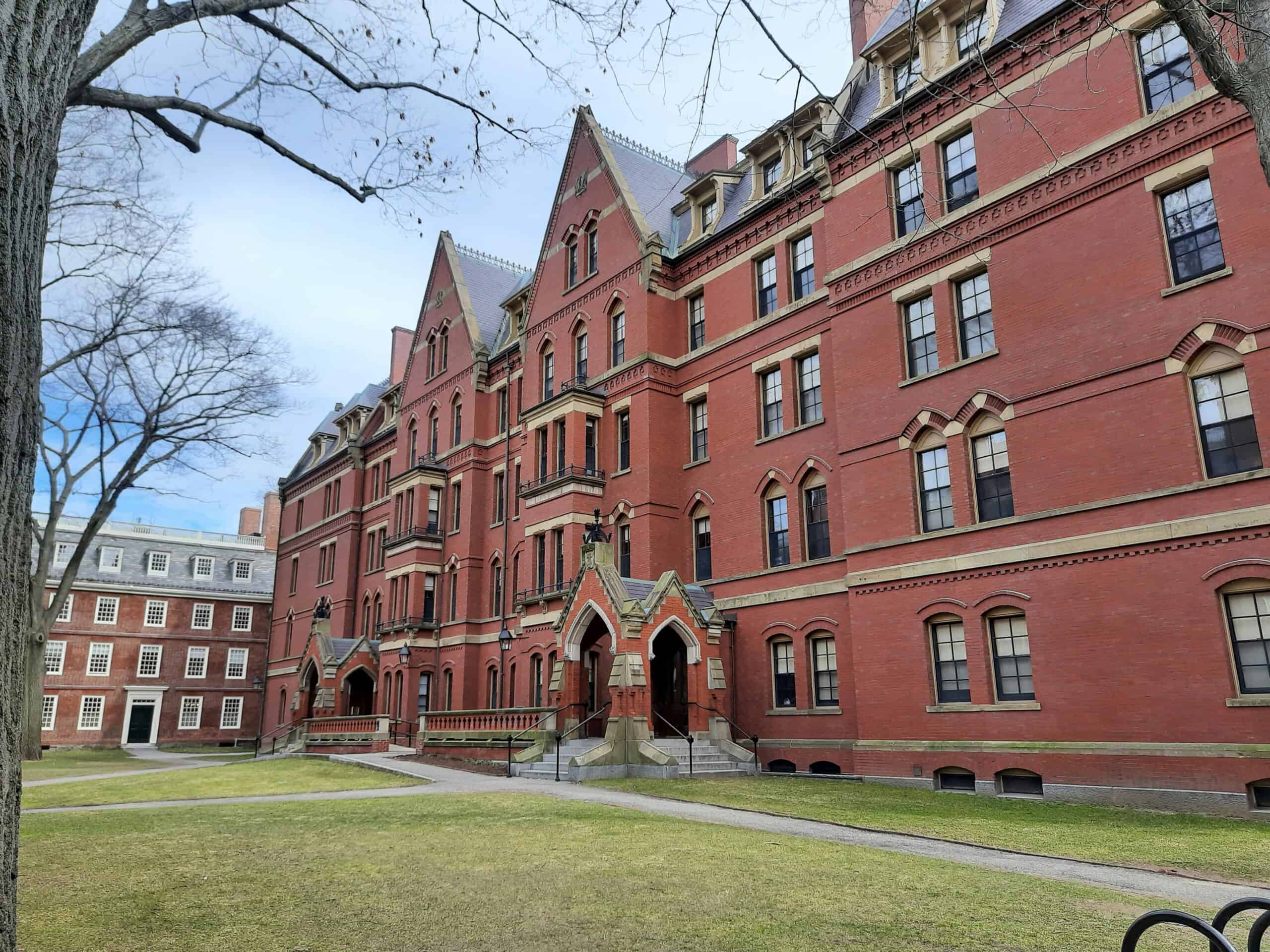According to a government regulation, released by the state of Maharashtra’s government, candidates from these socio-economic groups will now need to have scored 75% and above from grade 10 until their recent graduation, as opposed to 60% last year, to be qualified for the scheme.
Moreover, the west Indian state has also imposed an annual income limit of Rs 8 lakhs (£7,552) on the candidates despite the average monthly income of SC, and ST families being INR 5,000 (£47) less than non-disadvantaged categories in India.
Though SC, ST, and OBC communities constitute over 70% of the Indian population, with Maharashtra being home to over 55% of individuals from the marginalised groups, issues like casteism, abuse, and bullying have plagued the students in prominent higher education institutions across India.
In such a scenario, initiatives like Maharashtra’s Rajarshi Shahu Maharaj Scholarship Scheme are beneficial for marginalised students who can pursue their study abroad dreams.
Eknath Wagh, son of a small-scale farmer in Maharashtra’s Buldhana district, is one of the hundreds of students who have been impacted by the last-minute changes, announced through an advertisement on June 5, 2024.
“I secured admission at Harvard University for a course in MA in Education Policy and Analysis. I paid around INR 20,800 ($250) to confirm my admission back in April and spent another INR 1 lakh ($1,200) for WES transcript, parcels, hostel fees, etc. But I won’t be able to pay the rest of the fees and other charges without the scholarship,” said Wagh, a first-generation learner from his family, who scored 71% in his Bachelor of Arts program.
“My classes were supposed to start in August. I was convinced about the Harvard admission as it’s a top 10 university under QS rankings. Increasing the merit for a scholarship, despite the University providing you an offer letter, is foundationally wrong and proves the many barriers we have in accessing education.”
Though eligible students can apply for the scholarship by June 30, as per the new directive, many are also concerned about the capping of the scholarship amount to INR 30 lakh (28,3000 GBP) for Masters and INR 40 lakh (£37,800) for PhD courses.
“It is extremely difficult to cover the expenses with just Rs 30 lakh as the cost of living in countries such as the US and UK is extremely high. I belong to a lower-middle-class family and spent a major part of my work savings during the admission process,” said another student, who received admission to the London School of Economics, on the condition of anonymity.
According to Anil Wagde, a US-based diversity advocate, the Maharashtra government could shut down the entire scheme or remove the cap if its coffers are drying up.
“Many government officials are not aware of the cost students have to bear in countries like the US. If the state government has no money and doesn’t revise the criteria, they should close the scheme,” Wagde told online education portal, Careers 360.
Maharashtra, which houses India’s financial capital Mumbai, is running a contrary policy compared to other states and central schemes which have set the cut-off between 55-60%.
With a significant number of students –at least a thousand of them – set to be impacted by the new rules, a legal recourse is being taken to address the issue.
Many government officials are not aware of the cost students have to bear in countries like the US
Anil Wagde, diversity advocate
“A public interest litigation has been filed at the Nagpur bench in Bombay High Court regarding scrapping of the new rules,” said Raju Kendre, founder of Eklavya Global Scholars Program, which helps marginalised students access higher education opportunities in India and abroad, especially in Maharashtra.
“Many global scholarships increase their stipends yearly to match inflation. However, our state and central governments are planning to cap scholarship amounts, despite already providing insufficient monthly stipends. Students struggle to survive and often have to do part-time jobs to cover costs.”
The obstacles are not just limited to Maharashtra or on the state level.
According to Kendre, while scholarships such as Felix, Chevening, and Commonwealth offer approximately £18-19,000 for living costs, with annual revisions for inflation, India’s National Overseas Scholarship and state government scholarships for SC, ST, and OBC students provide less than £10,000.
“If someone is already admitted to top universities like Harvard, LSE, criteria like 75% become gatekeeping barriers for students from historically marginalised communities. This reflects the elitist, meritocratic approach embedded in our policy systems. If a foreign university deems me eligible, why impose a cap based on percentage?” asserted Kendre.



